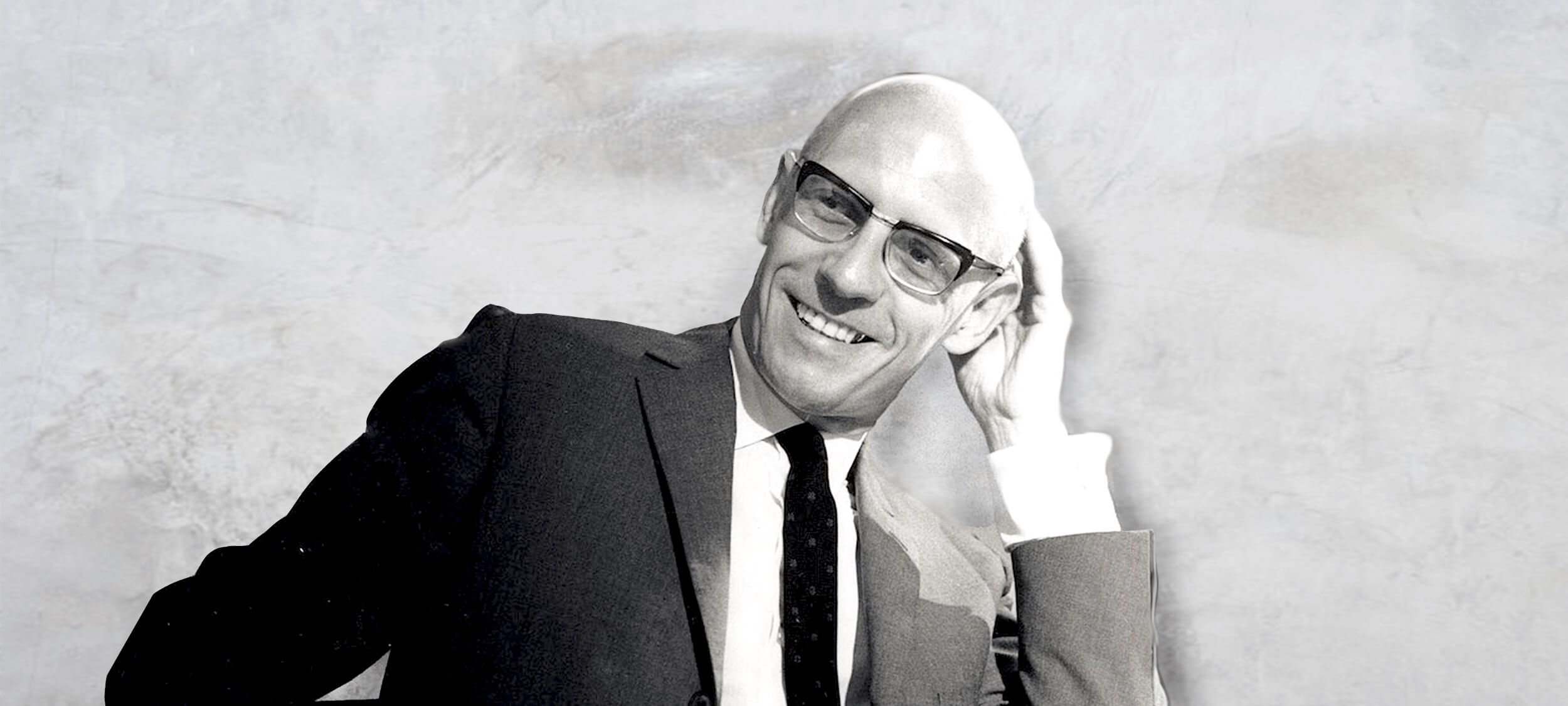
Ethics Explainer: The Harm Principle
ExplainerPolitics + Human RightsRelationships
BY The Ethics Centre 27 OCT 2016
The harm principle says people should be free to act however they wish unless their actions cause harm to somebody else.
The principle is a central tenet of the political philosophy known as liberalism and was first proposed by English philosopher John Stuart Mill.
The harm principle is not designed to guide the actions of individuals but to restrict the scope of criminal law and government restrictions of personal liberty.
For Mill – and the many politicians, philosophers and legal theorists who have agreed with him – social disapproval or dislike (“mere offence”) for a person’s actions isn’t enough to justify intervention by government unless they actually harm or pose a significant threat to someone.
The phrase “Your freedom to swing your fist ends where my nose begins” captures the general sentiment of the principle, which is why it’s usually linked to the idea of “negative rights”. These are demands someone not do something to you. For example, we have a negative right to not be assaulted.
On the other hand, “positive rights” demand that others do certain things for us, like provide healthcare or treat us with basic respect. For this reason, the principle is often used in political debates to discuss the limitations of state power.
There’s no issue with actions that are harmful to the individual themselves. If you want to smoke, drink, or use drugs to excess, you should be free to do so. But if you get behind the wheel of a car while under the influence, pass second-hand smoke onto other people, or become violent on certain drugs, then there’s good reason for the government to get involved.
Attempting to define harm
The sticking point comes in trying to define what counts as harmful. Although it might seem obvious, it’s actually not that easy. For example, if you benefit by winning a promotion at work while other applicants lose out, does this count as being harmful to them?
Mill would argue no. He defines harms as wrongful setbacks to interests to which people have rights. He would argue you wouldn’t be harming anyone by winning a promotion because although their interests are set back, no particular person has a right to a promotion. If it’s earned on merit, then it’s fair. “May the best person win”, so to say.
A more difficult category concerns harmful speech. For Mill, you do not have the right to incite violence – this is obviously harmful as it physically hurts and injures. However, he says you do have the right to offend other people – having your feelings hurt doesn’t count as harm.
Recent debates have questioned this and claim that certain kinds of speech can be as damaging psychologically as a physical attack – either because they’re personally insulting or because they entrench established power dynamics and oppress minorities.
Importantly, Mill believed the harm principle only applied to people who are able to exercise their freedom responsibly. For instance, paternalism over children was acceptable since children are not fully capable of responsibly exercising freedom, but paternalism over fully autonomous adults was not.
Unfortunately, he also thought these measures were appropriate to use against “barbarians”, by which he meant non-Europeans in British colonies like India.
This highlights an important point about the harm principle: the basis for determining who is worthy or capable of exercising their freedom can be subject to personal, cultural or political bias. When making decisions about rights and responsibilities, we should be ever careful about the potential biases that inform who or what we apply them to.
Ethics in your inbox.
Get the latest inspiration, intelligence, events & more.
By signing up you agree to our privacy policy
You might be interested in…
Big thinker
Politics + Human Rights, Relationships
Big Thinker: Michel Foucault
Opinion + Analysis
Relationships
Courage isn’t about facing our fears, it’s about facing ourselves
Opinion + Analysis
Business + Leadership, Politics + Human Rights, Relationships
It’s time to increase racial literacy within our organisations
Opinion + Analysis
Relationships




